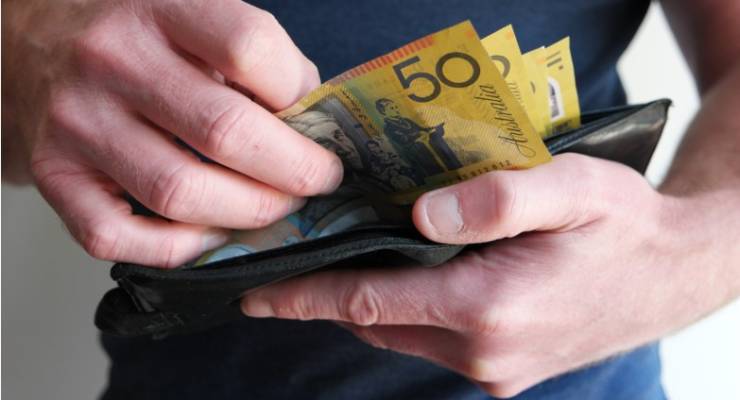
With demand key to Australia’s recovery — at least according to the Reserve Bank — this week provided some good news ahead of the budget.
Australian Bureau of Statistics data showed new loan commitments in July rose a record 8.9% on June — but also up more than a 11% on July 2019. Much of the rise was in owner-occupier loans, which rose 10.7%; first-home buyer owner-occupier commitments jumped 14.4%.
Investor loans rose 3.5% compared to the previous month but were still down 5.1% over the year. Investor lending has been dead for more than a year, but for owner-occupiers, there’s new life in the midst of a recession.
Billions of dollars in existing home loans remain in suspense, of course, as Australians have sought deferment of repayments to banks. But there are enough new or switching home owners confident about the future to make a new or another long term commitment to the future.
Last week showed that building approvals also surged in July, with the highest growth rate for private dwellings since early 2014.
It’s not just around residential construction: this week’s consumer sentiment survey from Westpac and the Melbourne Institute which showed sentiment rose from 79.5 in August to 93.8 in September. The rebound means the index is now just 1.6 points below the average over the six months prior to the emergence of COVID-19 lockdowns in March.
And that big rise in sentiment was despite news of the June quarter GDP result and Australia’s official entry into recession. Given that result was the least surprising economic “shock” in decades, consumers appear to have already factored that into their thinking about conditions both personally and across the economy — though they may not be so sanguine about a negative September quarter.
And there’s other evidence of a change in consumer confidence — the great run on Australian banks has stopped. Crikey has been reporting how around $11.8 billion of dollars in cash was withdrawn from bank accounts and hoarded from mid-March to mid-August. But the most recent data last Friday from the Reserve Bank shows the hoarding has eased: notes on issue dropped $85 million over the final two weeks of August, compared to a record $2.6 billion withdrawn in the middle weeks of July.
And just for good measure, last week the ABS showed retail sales in July were up 3.2% after a 2.7% rise in June.
Part of this improvement in confidence might relate to Australians feeling more on top of their personal finances. Reserve Bank of Australia figures released on Monday showed balances accruing interest on credit and charge cards totalled $22.5 billion in July, down 26.3% over the year, and the lowest monthly figure since 2005! There were 130,524 fewer credit card accounts in July than the month prior and 1.75 million less than in July 2019.
The traditional narrative about Australian household debt — often peddled by gloomsters and offshore-based banking analysts — is that Australians have an irresponsibly high level of debt fueled by our overpriced housing market, and a big rise in unemployment will cause havoc both economically and in the Australian financial system.
Well, we’ve had that big rise in unemployment — 932,000 between the March and June quarters according to the ABS — and through good management, banks adopting a community-minded approach (for once) and the Reserve Bank pumping liquidity into the financial system, household debt has fallen
Some commentators say the fall in debt is partly due to the use of buy-now, pay-later credit schemes like Afterpay (or, as anyone over 40 would call it, lay-by). But the RBA data shows a 17.9% increase in debit card transactions in the year to July, compared to a fall of 14.3% in the use of credit and charge cards. Who says Australians are financially illiterate?
With the steady fall in Victorian cases in recent weeks, we may have a good platform for further boosting consumer confidence, to the point where business is willing to invest again.
That’s assuming the budget makes Australians feel more confident about both their own financial circumstances, and the government’s management of the recovery.









Crikey is committed to hosting lively discussions. Help us keep the conversation useful, interesting and welcoming. We aim to publish comments quickly in the interest of promoting robust conversation, but we’re a small team and we deploy filters to protect against legal risk. Occasionally your comment may be held up while we review, but we’re working as fast as we can to keep the conversation rolling.
The Crikey comment section is members-only content. Please subscribe to leave a comment.
The Crikey comment section is members-only content. Please login to leave a comment.